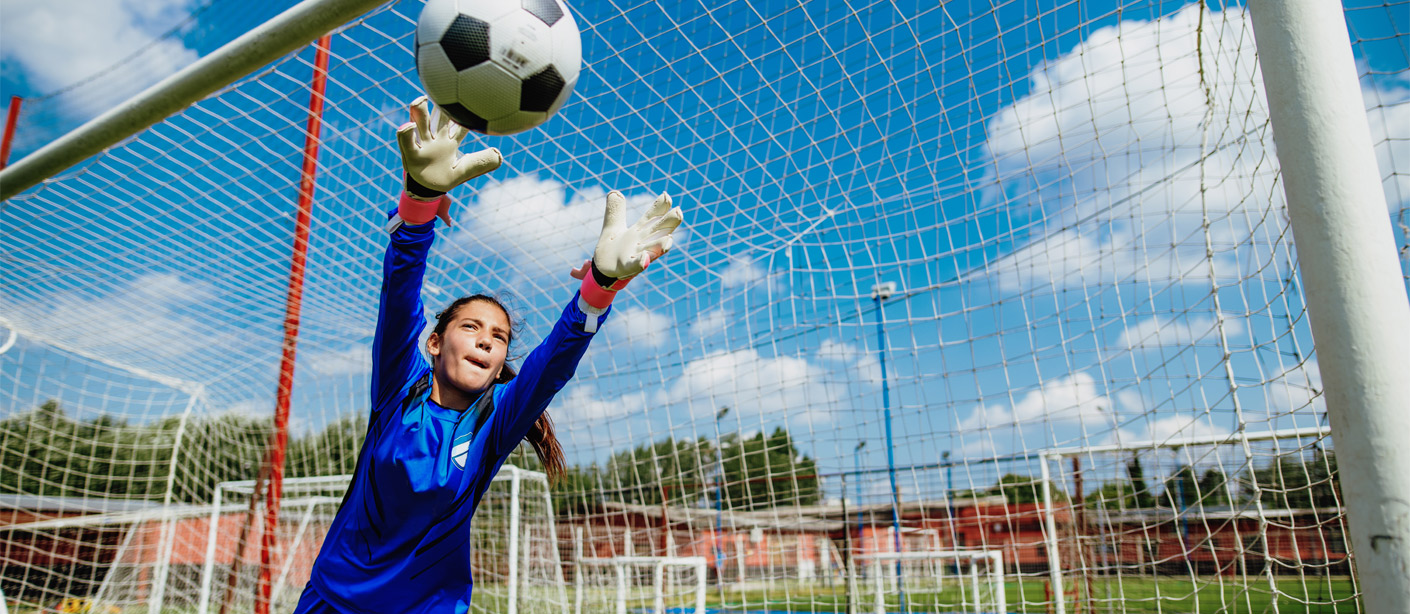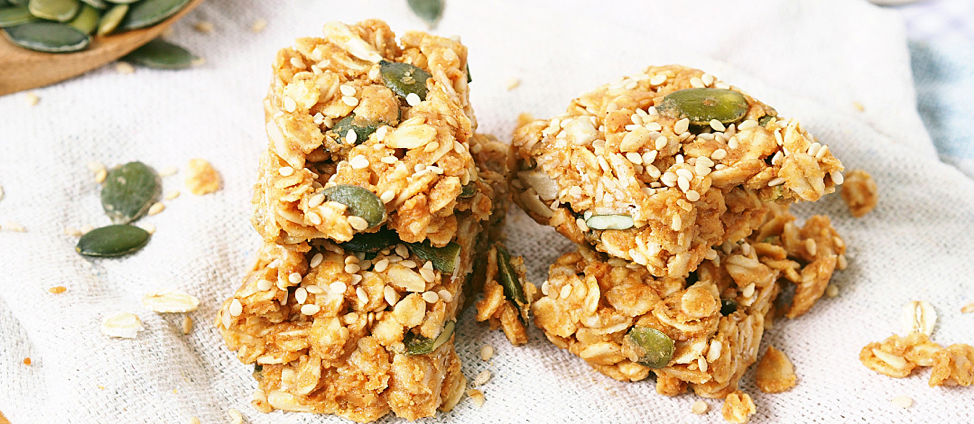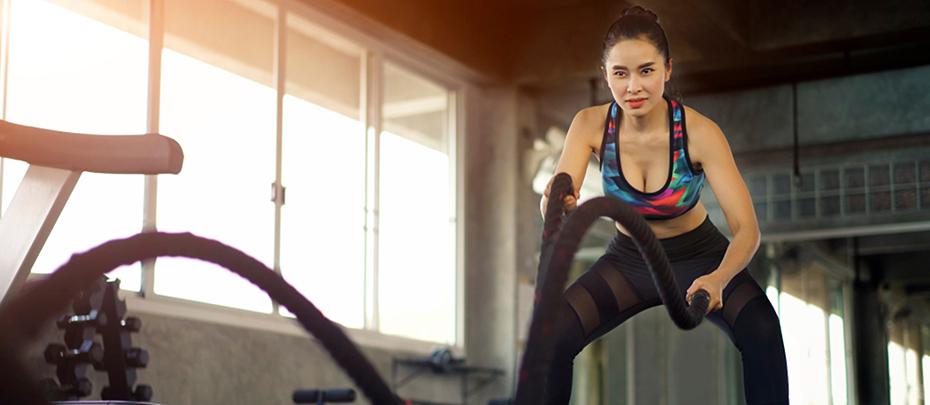What Is Sports Nutrition for Teens?
Sports nutrition is the practice of following certain nutrition principles to enhance physical health and athletic performance, endurance and recovery. For example, athletes may need more carbohydrates to provide energy for exercise, or they may have higher protein needs to promote muscle growth. This nutrition strategy is essential for professional athletes, but it's beneficial for everyday teenage sports players, too.
"Incorporating the principles of sports nutrition is important to teens' health and well-being on and off the field," said Jennifer Williams, MPH, a nutrition scientist at Abbott specializing in hydration. "Teaching teens how to properly fuel themselves for training and competition sets them up for long-term athletic success."
Pre-Workout Fueling
Just like professional athletes, the food your teen puts in their body before practice or competition can affect how they perform (and feel) on the field. And while it may seem like they have plenty of energy as is, teens are notorious for nutrition no-nos such as skipping meals rather than eating multiple balanced meals throughout the day.
With the right pre-workout fuel at the optimal time, you can help ensure your teen gets the nutrients they need to sustain mental and physical energy throughout the game. Carbohydrates provide energy for exercise, so they're a necessary part of the pre-workout meal.
There are two types of carbohydrates—complex and simple. Complex carbs are made up of several sugar molecules and take longer to digest. Simple carbs have 1-2 sugar molecules and break down quickly within the body. Complex carbs are present in whole grains, legumes, beans, starchy vegetables and fruit. Simple carbs are in some fruits and vegetables, as well as sugar, honey, maple syrup, jelly, desserts, sports drinks and more.
Because complex carbs take longer to break down, they should be eaten 2 to 4 hours before a workout. Protein and fat are also important, but since they take longer to digest than carbohydrates, they should only be part of a pre-workout meal when there's plenty of time to digest. A well-balanced pre-workout meal should consist of 45-65% carbohydrates, 20-30% protein and 15-25% fat.
Choose simple carbs 30-60 minutes before exercise so they can be absorbed and transported throughout the body for ready energy.
Here's what a pre-workout nutrition strategy might look like:
2 to 4 hours before exercise
A well-balanced meal with carbohydrates, protein and fat, such as:
- Burrito bowl with rice, protein of choice (chicken, tofu, black beans), veggies, and cheese or avocado
- Pasta with protein of choice (chicken, fish, chickpeas, white beans), spinach, marinara sauce, and cheese or olive oil
- Sandwich with protein of choice (chicken, tuna, tofu), lettuce, tomato and avocado with a side of pretzels
30 to 60 minutes before exercise
Focus on easy-to-digest carbohydrates, such as:
- A piece of fresh fruit, like an apple or banana
- A piece of toast with jelly
- A couple of graham crackers
- A few handfuls of low-fiber dry cereal
- A baked potato
- Dried fruit, like raisins or dates
Hydration
Proper hydration is an important component of sports nutrition for teens, although it is often overlooked. In some cases, your child may not feel thirsty or may ignore their thirst to power through practice or a game. But, in addition to hindering performance, dehydration may cause unwanted side effects, such as fatigue, headaches and muscle cramps, and may increase the risk of heat exhaustion or heat stroke.
According to the American Academy of Pediatrics, teens may need about 34 to 50 ounces of fluid per hour (9 to 13 ounces every 15 minutes) during vigorous exercise or sports played in the heat. Water may be sufficient to replace fluids, but if your child is exercising in hot temperatures or for longer durations, they may need an electrolyte drink to replace the fluid and electrolytes lost through sweat.
Pedialyte® Sport, for example, offers three times the electrolytes and a quarter of the sugar of the leading sports drink.* It includes sodium to help avoid muscle cramps, chloride for fluid balance, potassium for muscle and nerve function, magnesium to support muscle health and phosphate to support muscle repair.
Post-Workout Recovery
Nourishing your teen athlete after a game or practice is crucial to supporting healthy muscle growth and restoring energy levels. Since teens are always on the go, they may forget to eat after practice and scarf down a huge dinner later. Encourage your child to refuel immediately after exercise to get the most out of their performance.
Research suggests that a post-workout recovery meal should have a combination of carbs and protein to aid in glycogen replacement and muscle protein synthesis. Ideally, a 3:1 carb to protein ratio is best for restoring glycogen and aiding in muscle repair. That means for every 1 gram of protein you consume, eat 3 grams of carbs. Due to its ideal ratio of carbohydrates and protein, chocolate milk is a popular refueling beverage among athletes, and it's easy to pack in your child's backpack.
Other post-workout recovery suggestions include:
- A smoothie with yogurt and fruit
- Eggs on toast
- A bean burrito
- Hummus and crackers
Fueling before and after a workout and hydrating properly can help your teen thrive as an athlete and promote healthy growth and development in these crucial years. To encourage your young athlete to adopt these simple sports nutrition strategies, make nutritious options available to them at home and on the field.




Social Share